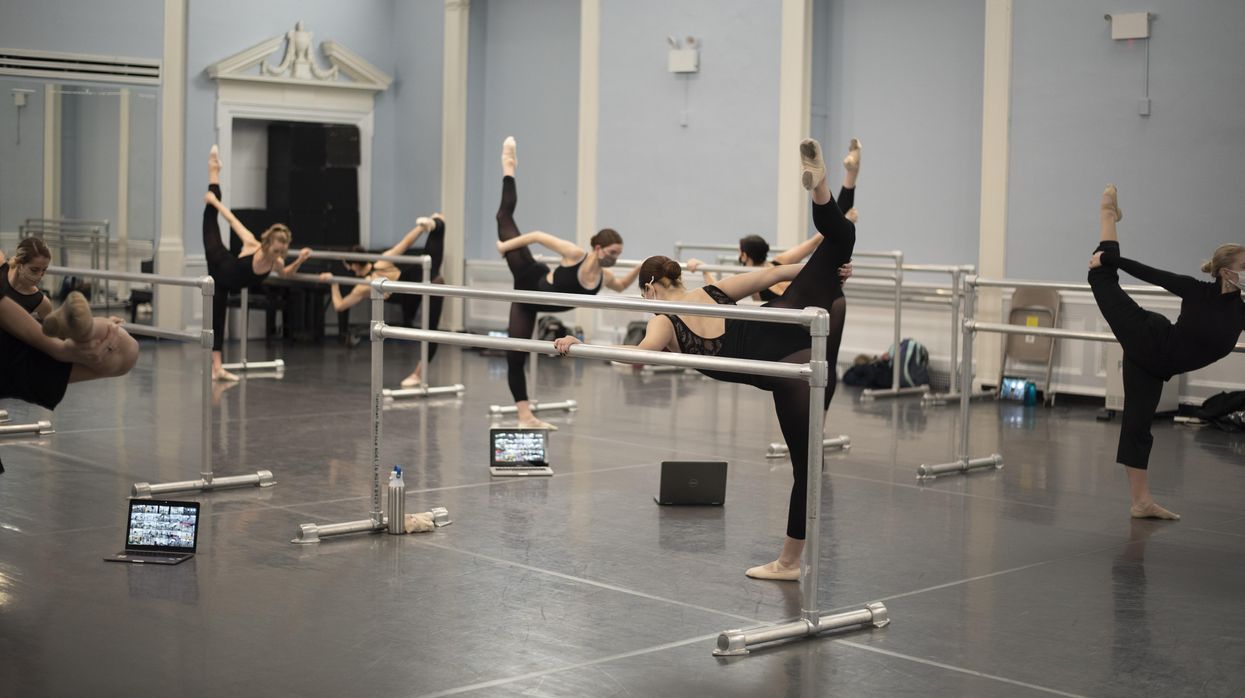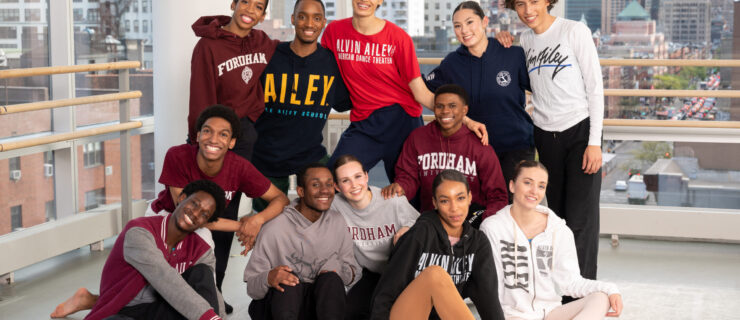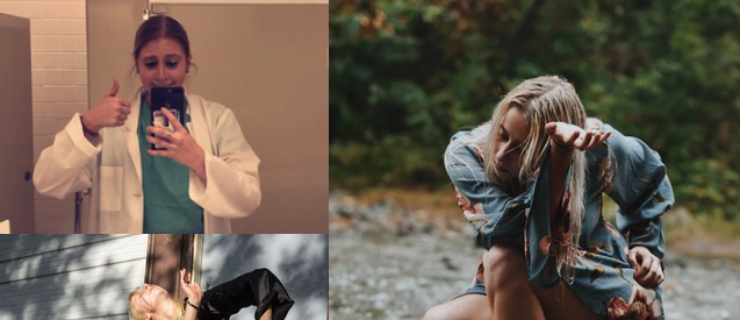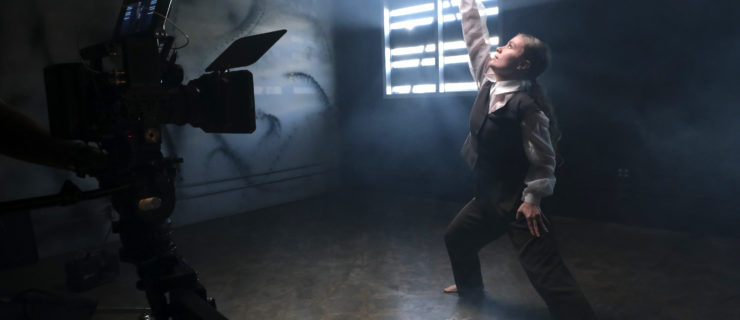First Years First: How Dancers Can Prepare for Their Freshman Year of College
You’ve done the hard part: You got into a college dance program. And that, in and of itself, is a major achievement (pun intended).
But what comes next? How can you best use the summer before your freshman year to get your mind and body in the right place before you head off to school? Dance Spirit spoke with two college educators about how to prep for the next four years of your life.
For All Intensive Purposes…
One of the biggest challenges of a college dance program? The rigor. “Coming into a collegiate program, you’re going to have a daily ballet class, a daily contemporary class, a daily improv class, and you’ll likely be in rehearsals at night,” says Tommie-Waheed Evans, assistant professor of studio practice at University of the Arts. “Your first year in a dance program will be a lot, physically.”
And most college educators agree that the best way to prepare for that increased rigor is by enrolling in some type of summer intensive before heading off to school. Whether it’s local or far from home, the level of dancing you’ll be doing each day will likely be similar to that at a college dance program. If finances are a barrier, seek out possible scholarship opportunities to help cover some of the cost.
But be smart with your summer scheduling. “I would look at the focus of the program you’re going into—whether it’s mostly modern-based, ballet-based,” says Keshia Wall, assistant professor of performing arts at Elon University. “Look into a summer intensive that aligns with the foundation of your college program, because that will only make you stronger when college starts.”
Care About Self-Care
Let’s be clear: Preparing for the rigor of a collegiate dance program doesn’t mean you should forgo self-care. “One of the biggest things I see from freshmen is burnout,” says Wall. “And so it’s really important to get the sleep and rest you need, both mentally and physically.”
In between summer intensives and back-to-school shopping, make sure you find time to focus on self-care. While it’s important to prepare for college, if you push your body to the limit prior to your first semester, you’re likely to end up sitting out classes and having to miss rehearsals once you start.
“Self-care can look like saying ‘no,’ ” says Wall. “You need to make smart choices about what you include yourself in, and if it isn’t absolutely necessary, don’t feel guilty about saying ‘no.’ ” Make sure to schedule in time for yourself so your body can rest, and so you have the space you need to adjust emotionally to the major changes on the horizon.
Let’s Get Physical
If you’ve been dealing with a chronic injury (or one that just keeps coming back for more), now is the time to deal with it. You want to start your college dance career at 100 percent, so if your ankle’s been bothering you for months: Go get it checked out. “If you can, try to see a physical therapist before heading to your college program,” says Evans.
And most importantly, don’t just try to push through your injury and hope for the best. Remember the “why” of going to college—and remember that you aren’t just trying to impress your faculty or your fellow students.
“The ultimate goal of a college dance program is to help you find a career in dance,” says Wall. “So if you push your injury in college, to the point where you can’t dance, you’re not going to be able to have that full career.”
Read All About It
We have three words: research, research, research. And we don’t just mean reading your soon-to-be school’s website. While it’s a great resource, you probably won’t get everything you need in one place.
“Visit the school and the area, if you’re able to,” says Evans. Even if you’ve already toured the campus, visiting again may be worthwhile, so you can get more granular with your questions: What is the neighborhood like at night? Are you going to need a new winter coat? Are there dining halls on campus you should avoid? Where is the nearest decent cup of coffee? Your perspective will likely be different as a future student.
If you can, try to get in touch with a student already enrolled in the program. “Find someone to tell you about the personal side of being a student,” says Evans. “Having a friend who’s already in the program will really benefit you.”
But no matter how much you read or research, anticipate that there will still be parts of college that will surprise you—and try to remember that’s a good thing! Expect the unexpected, and try to remain optimistic. “I’m always looking for students with great energy and a positive attitude,” says Wall. “I love when students show up and dive in head-first.”




